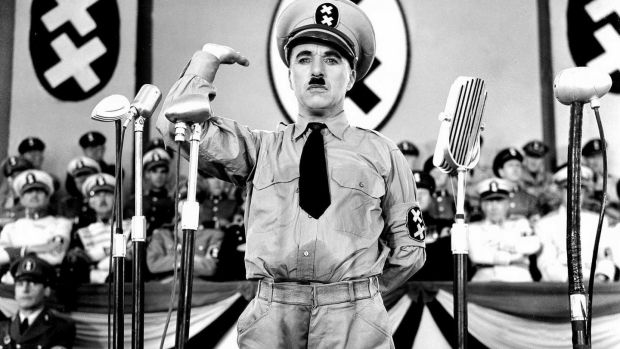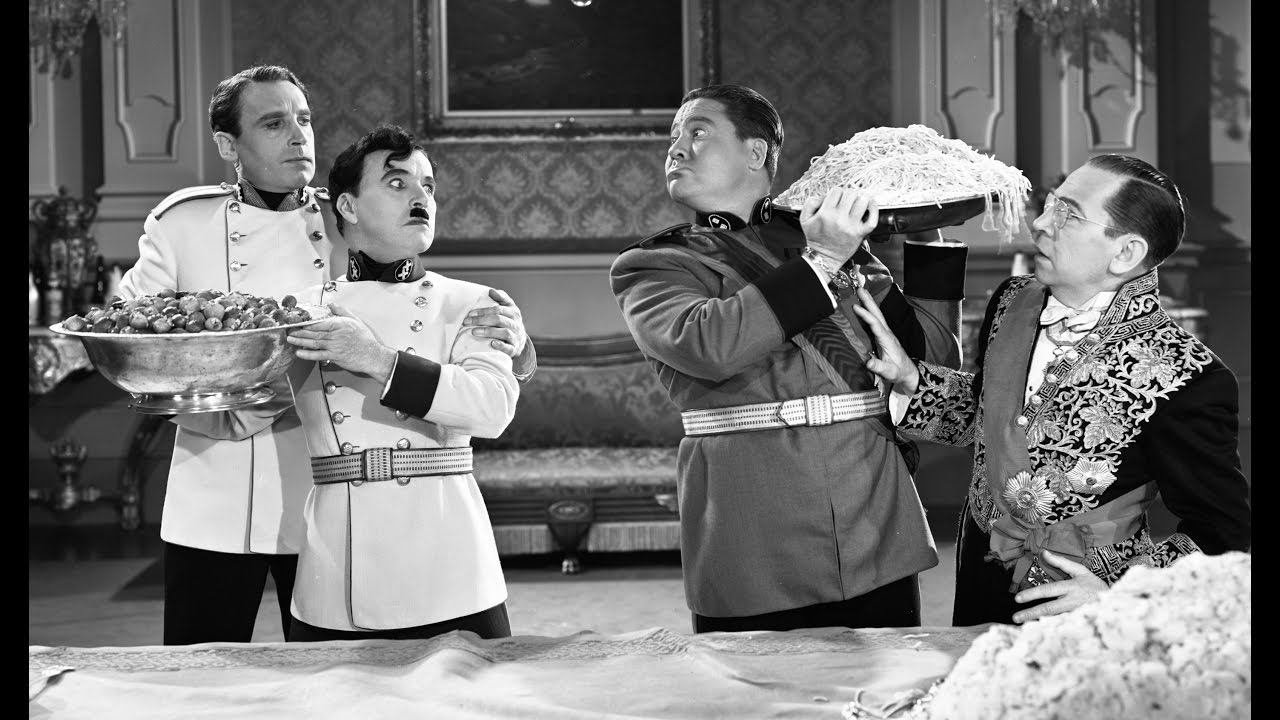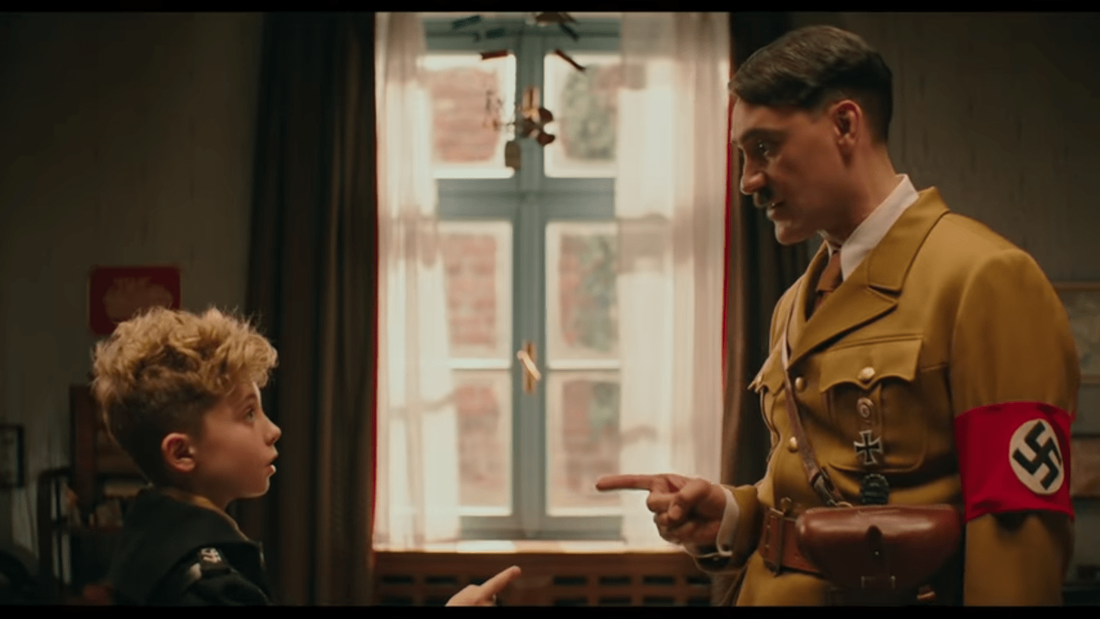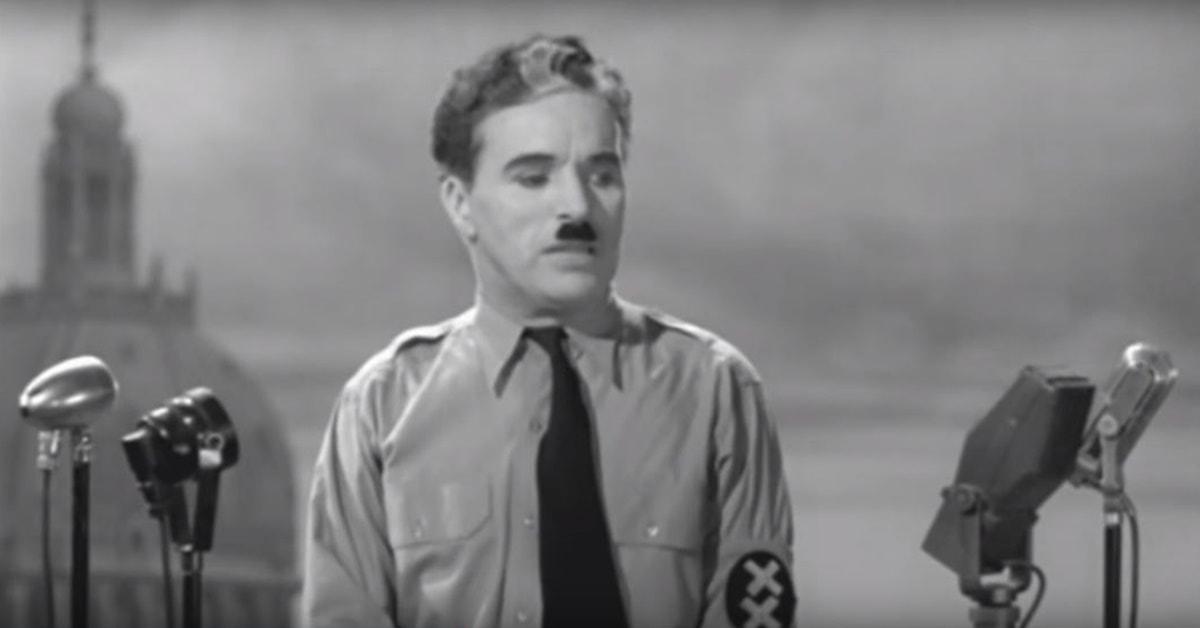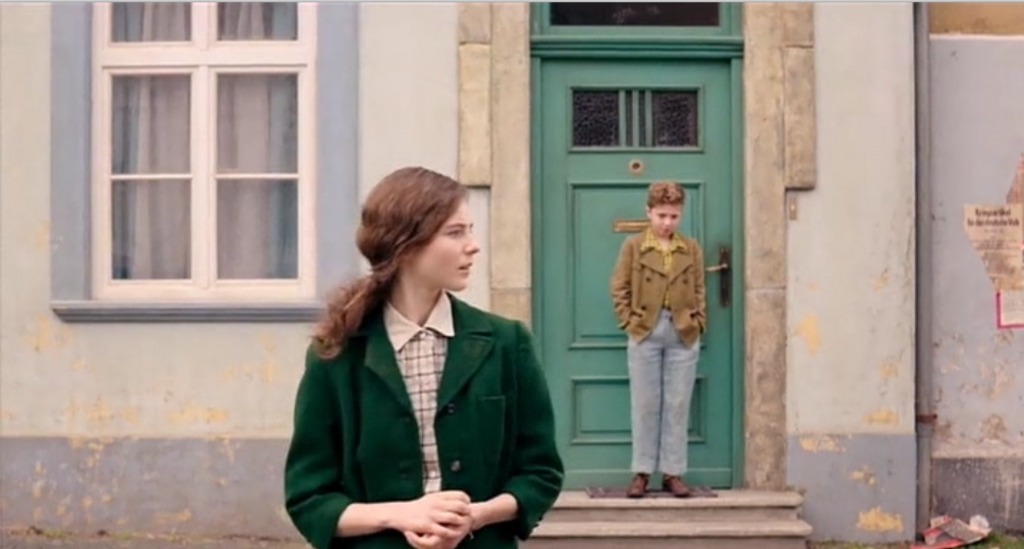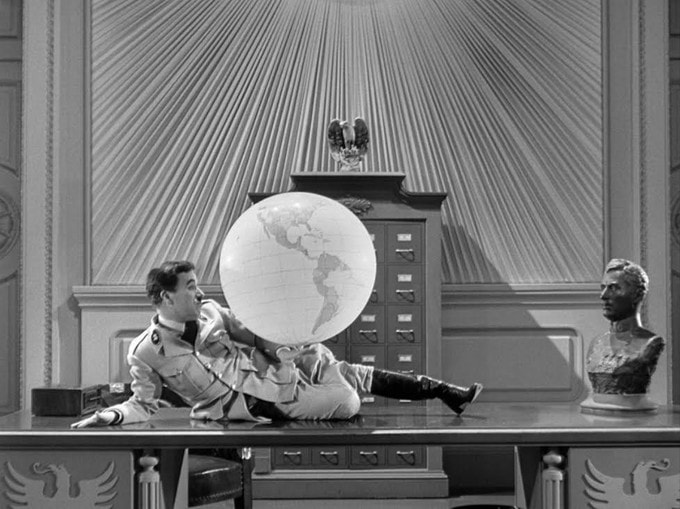|
We live in an age of wonders. The top-grossing films of the entire past decade have largely been superhero blockbusters, built from the foundations of comic books – things that were once considered an untouchable source of nerdy awkwardness. Somehow, a foreign-language feature from South Korea named Parasite, about the perils and pitfalls of capitalism, and the secret hypocrisy of the uber-rich causing the ultimate demise of all involved (even as the system stays in place) not only won Best Picture, but was the first of its kind to do so. And in the White House, now the seat of highest power in the United States, sits a white supremacist too stupid to understand half the words that come out of his mouth, and too evil to allow any words of dissent come out of anyone else’s. In the midst of a global pandemic which has already killed hundreds of thousands of people around the world with few signs of slowing down in any meaningful way, and with the arrival of murder hornets on U.S. shores, now can seem like somewhat of an inappropriate time to discuss white supremacy on film and its connections (or lack thereof) to the real world. Yet, even as I site at this table, typing this piece after just having finished this month’s film, I and many others know beyond doubt that there has never been a more vital time for this sort of discussion to take place. By now, anyone with half a brain and a decent news source (which means pretty much anyone except who the President gets his news from) knows that the biggest damage this virus has done is demonstrate just how fragile the U.S. system of living actually is, especially in how discriminately it affects the poor and the non-white. The cracks in the foundation are showing, and yet our leaders insist continue to try and repair this house of sand. But what does all of this have to do with film? How can it possibly relate? Charlie Chaplin’s The Great Dictator (available on The Criterion Channel in a collection for those who wish to view the icon’s work as a director) operates on two fronts: covering the hijinks of the fictional dictator Adenoid Hynkel, and those of a Jewish barber with amnesia who wakes up after the aforementioned Nazi stand-ins have risen to power and taken over his home country. Taika Waititi’s celebrated film Jojo Rabbit, nominated for Best Picture last year alongside Parasite, tells the story of an indoctrinated 10-year-old German boy living in the midst of WWII, whose imaginary best friend is Adolf Hitler. Each of them are satirical comedies by directors at the top of their craft, each drenched in laughs, absurdity, and heart. Yet, each of them also build on and warn of a dread far more deadly than any virus or any economic collapse. And it is that dread that unites both films – the underlying notion that white supremacy, and the dictators that peddle it, not only don’t need logic or empathy to thrive, but in fact grow in power the less of either there is. Both of these films may be absurdist comedies poking fun at the absurdity of white supremacist “logic,” often for the bemusement of those who understand why such things are portrayed in a comedic fashion, but what they demonstrate above all else is that white supremacy is only obvious to those who know how absurd the behavior actually looks from the outside. Throughout both The Great Dictator and Jojo Rabbit, we see as the dictators of both films act in increasingly absurd manners with increasingly less logic, listening increasingly less to anyone who would dare question their methods, motives, or intelligence. As Hynkel is confronted with compromises or his own failures to prove how powerful he is to another absurdist dictator, he continually blames those around him for being incompetent. As the titular Jojo befriends a young Jewish girl he finds hiding in the walls of his home, Hitler (the imaginary version Jojo has built up in his mind as a hero), becomes frustrated and confrontational with him. Anyone who dares question either one of these leaders is attacked, shamed, or outright dismissed. Some of them even end up dead, either as a direct result of these responses or through the inspiration of supporters loyal to their causes. Now, what sort of situations do these things remind us of? What is the President’s view of journalists who dare to face his lies and call them as such? Does the name Heather Heyer ring any bells? How does the leader of this country treat governors more concerned about their citizens’ lives than the pocketbooks of Wall Street? If you’re still guessing as to the answers, I feel a great swell of pity for those with larger hearts than mine, who continue to tolerate you. And what of each movie’s endings, carrying messages of hope for those affected by the behavior and absurdity of dictators so sure of themselves that their own implosions and stupidities are spun by them as “sarcasm,” or shows of power? While I do not begrudge anyone who claims that absurdist comedies of Nazi-ism and white supremacy are deeply uncomfortable movies for them to sit through, feeling somewhat wrong or inconsiderate, I would also encourage those who can stomach them to look towards each one’s endings. In The Great Dictator, the barber shop owner has accidentally switched places with Hynkel, delivering a speech appealing to the empathy of the stormtroopers and other personnel underneath the dictatorship, telling them they are not machines, or monsters, and that they must lay down their arms in love for all mankind to survive. It’s an inspiring speech, and yet, something felt off to me whilst watching it. A few moments after the film ended, I discovered what it was: Chaplin was speaking of empathy to those who had empathy already. But true white supremacists, such as our current President, are devoid of such things. They have no empathy for their fellow man, nor for anyone different from them, and thus anyone who frames them as heroes, or those who can “take the country back” from immigrants and the poor, finds favor, as those descriptions often fit those who are different from them. All they care about is how they look, and how much power they have. If they look like they’re “saving the country,” then they consider themselves heroes. If they are given the power and the permission to execute their racist ideologies without resistance from above, then they will. Trump may not have created the breadth of white supremacists in the U.S., but he gave them more permission and power than they’ve ever had. The ending of Jojo Rabbit nearly makes a similar mistake, as Sam Rockwell’s character turns out to be one of the “good Nazis” (there’s no such thing) who helps Jojo escape capture towards the end of the film. But as Jojo and Thomasin McKenzie’s characters dance in the sunlight while David Bowie’s “heroes” plays overhead, a much more potent tragedy takes shape: that neither of them truly know the extent of the damage that’s been done, not just to their own families, but ideologically, and furthermore, that neither of them will come to realize the U.S. that came to free them will soon begin to turn into the very thing that caused them both such immeasurable pain. In less than 80 years, “never again” will mean nothing to those who used to shout it the loudest. So what is the answer to combatting white supremacy when there are so many other things wrong with the way life is progressing, when a virus has up-ended all that we knew, and when murder hornets have now thrown this year into such a sheer level of absurdity that satires seem tame by comparison? Is it to love all, and stay friends despite “disagreeing” that children shouldn’t be separated from their parents and kept in cages, or that LGBT people are in fact people who deserve to have the same rights everyone else has without fear that people can turn them away “based on their beliefs?” (Hint: it’s not.) Is it to hunker down and hope that others will get us out of this mess? That the President and his followers will somehow come to the realization of how stupid they actually are now that the systems they claim to love and fight for have collapsed based on their sheer incompetence? (Hint: it’s not that either.) There is no easy answer to fighting white supremacist ideology, but as both The Great Dictator and Jojo Rabbit demonstrate, recognizing their absurdity is the first step. The second, I would argue, is recognizing that those in power who do see how absurd it is and still do nothing, are just as bad or worse as those who don’t see it at all. They know. They just don’t care.
I am in no way, nor have I ever been, an expert on these types of issues or the specific effects of white supremacy across all situations, and I don’t claim to be so now. What I do claim to be is someone who knows the danger the poor, the dissentful, the LGBT, and the people of color in this country could face if this administration is allowed to continue on for another four years. And this virus that’s sweeping the world has been exposing exactly how high that danger is ever since the President knew about in January, and did nothing until his power was at stake. That pisses me off. And it should piss you off too. One last note: this time in our history is scary, but not unprecedented. It may be unnerving, but it was not unpreventable. Now, more than ever, is the time to consider and act upon what “never again” truly means. - The Friendly Film Fan
0 Comments
Leave a Reply. |
AuthorFilm critic in my free time. Film enthusiast in my down time. Categories
All
|
